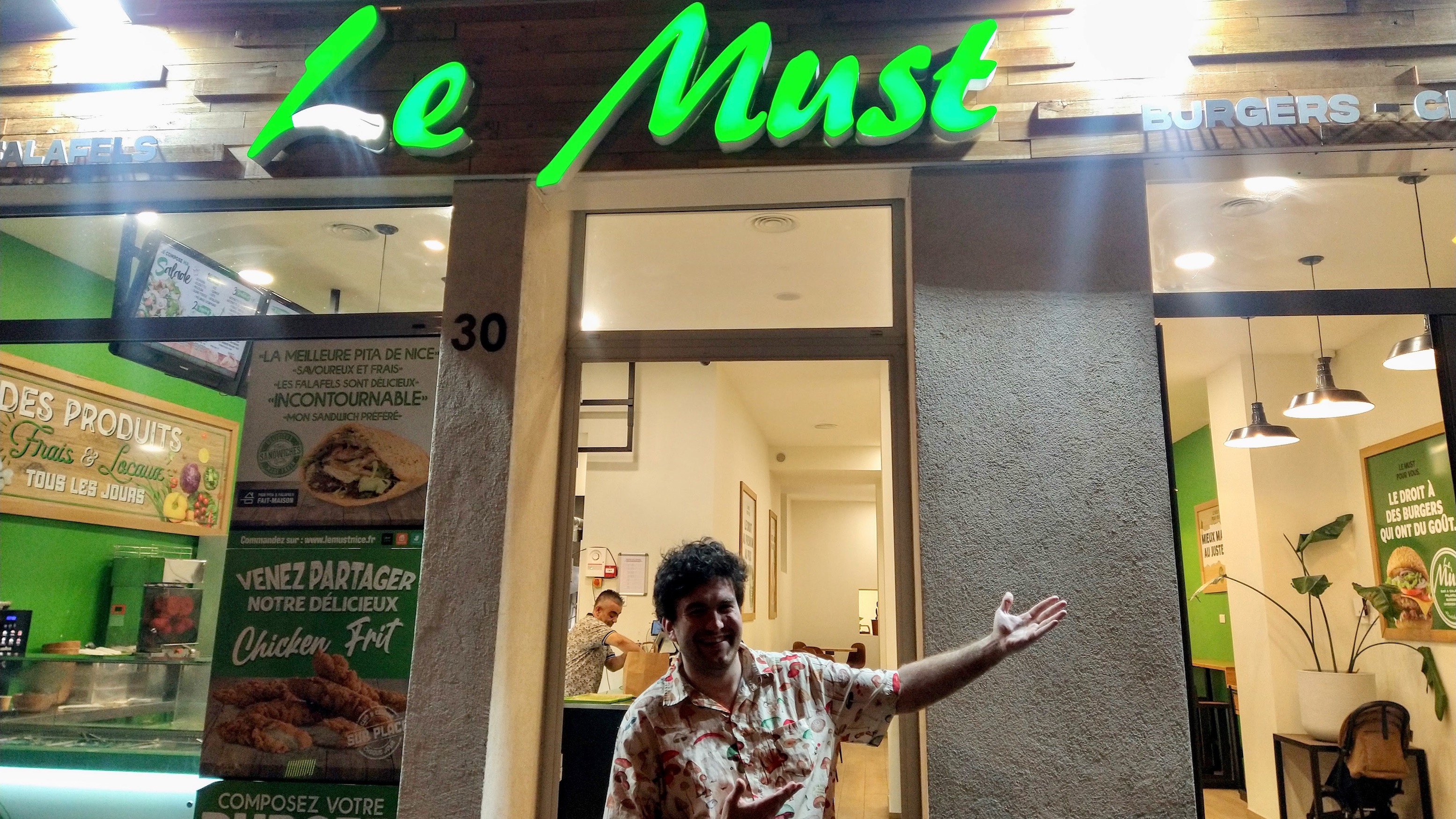Caleb Kendrick / Local Information in Discourse

Caleb Kendrick / Local Information in Discourse
Friday May 16, Caleb Kendrick defends his dissertation, "Local Information in Discourse," which argues that certain puzzles of modal logic and semantics are solved by understanding how the domain of quantification for modals is restricted by the immediate context of evaluation. Caleb's committee sets a new record, with seven members and three Chairs! Alexander, Paolo and Fabrizio share the chairing; Valentine and Aron from Linguistics join Eric to complete the core committee; and Jordan Boyd-Graber from Computer Science serves as Dean's Representative. Come early to get a seat!
Local Information in Discourse
This dissertation argues that the interpretation of modals, expressions like might, should, and must, are constrained by their local context. For epistemic modals, local contexts bound the admissible domains of modal quantification. In Chapter 2, we use this fact to explain why epistemic must is weaker than the □ operator from epistemic modal logic. For root (i.e., non-deontic) modals, local contexts restrict the domain of quantification. In Chapter 3, we show this yields a solution to the Samaritan Paradox concerning why deontic modals do not inherit presuppositions under entailment. In Chapter 4, we propose a solution to the “if 𝑝, ought 𝑝” problem” based on default logic. According to this solution, ought’s ordering source consists of default rules and the domain consists of the conclusion of the defaults triggered in the local context. In Chapter 5, we argue that ability can denotes a plurality of worlds and, thus, generates a homogeneity presupposition. We argue this explains an observed strength asymmetry between ability modals in positive and negative contexts.

